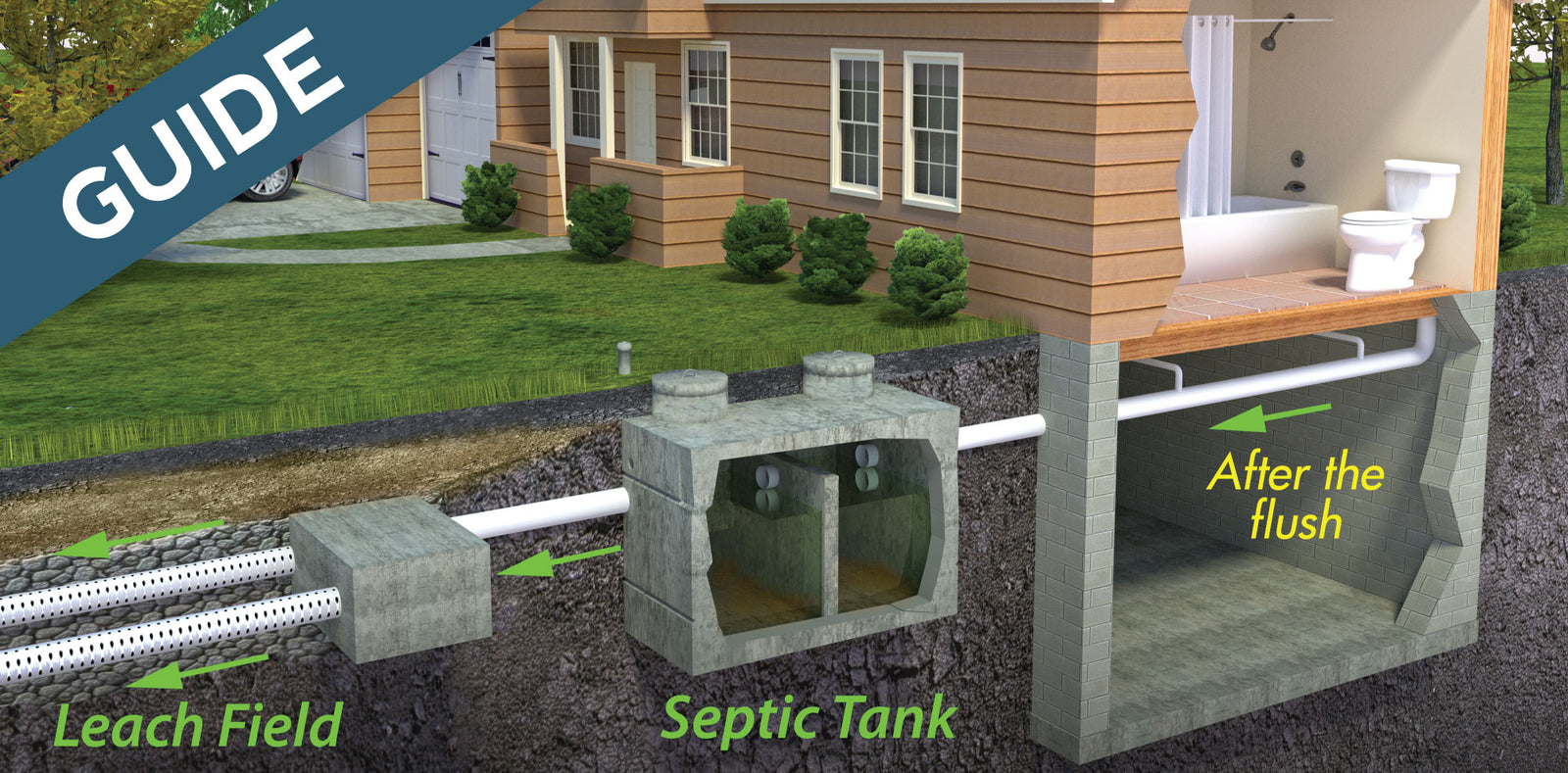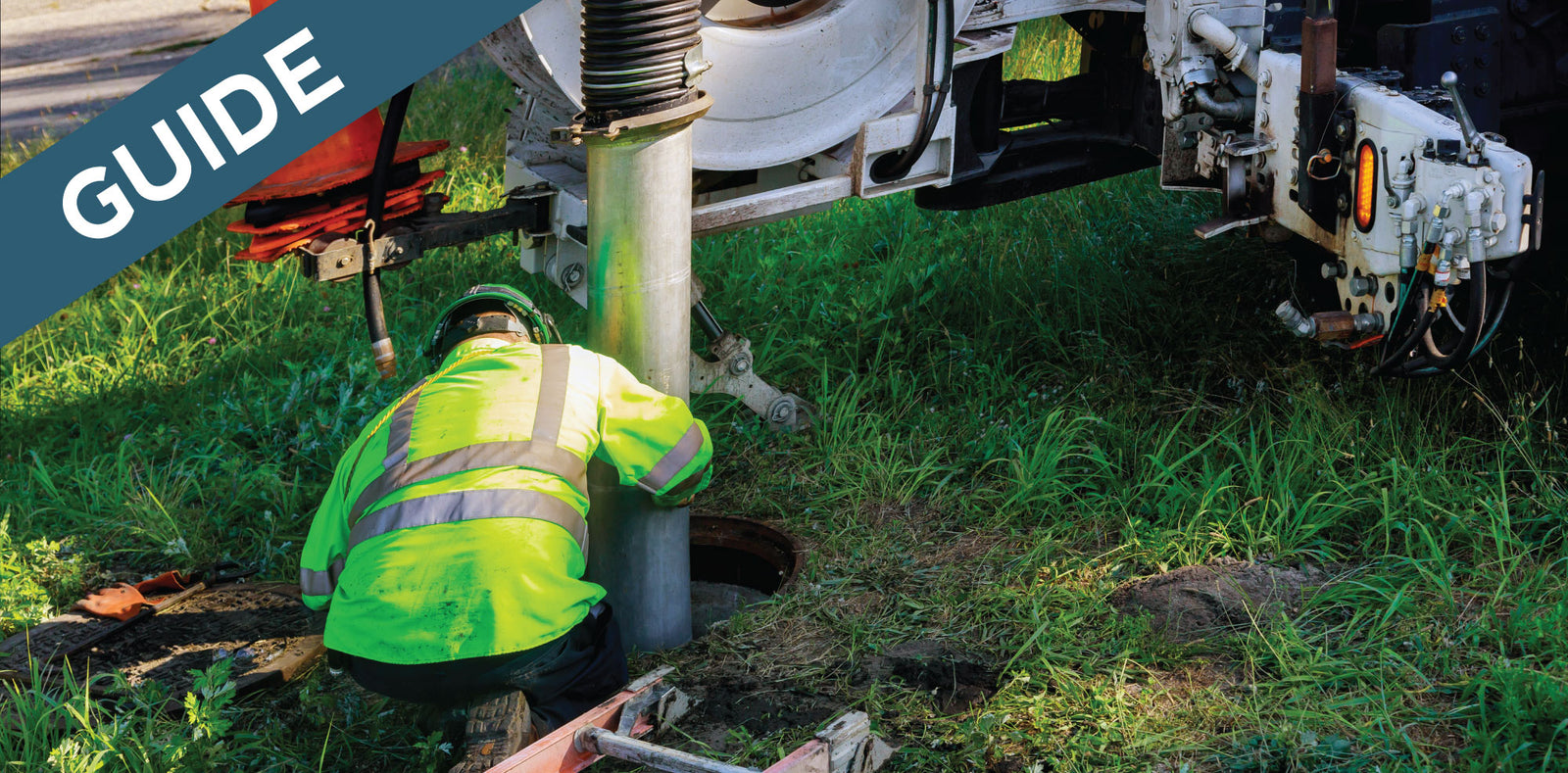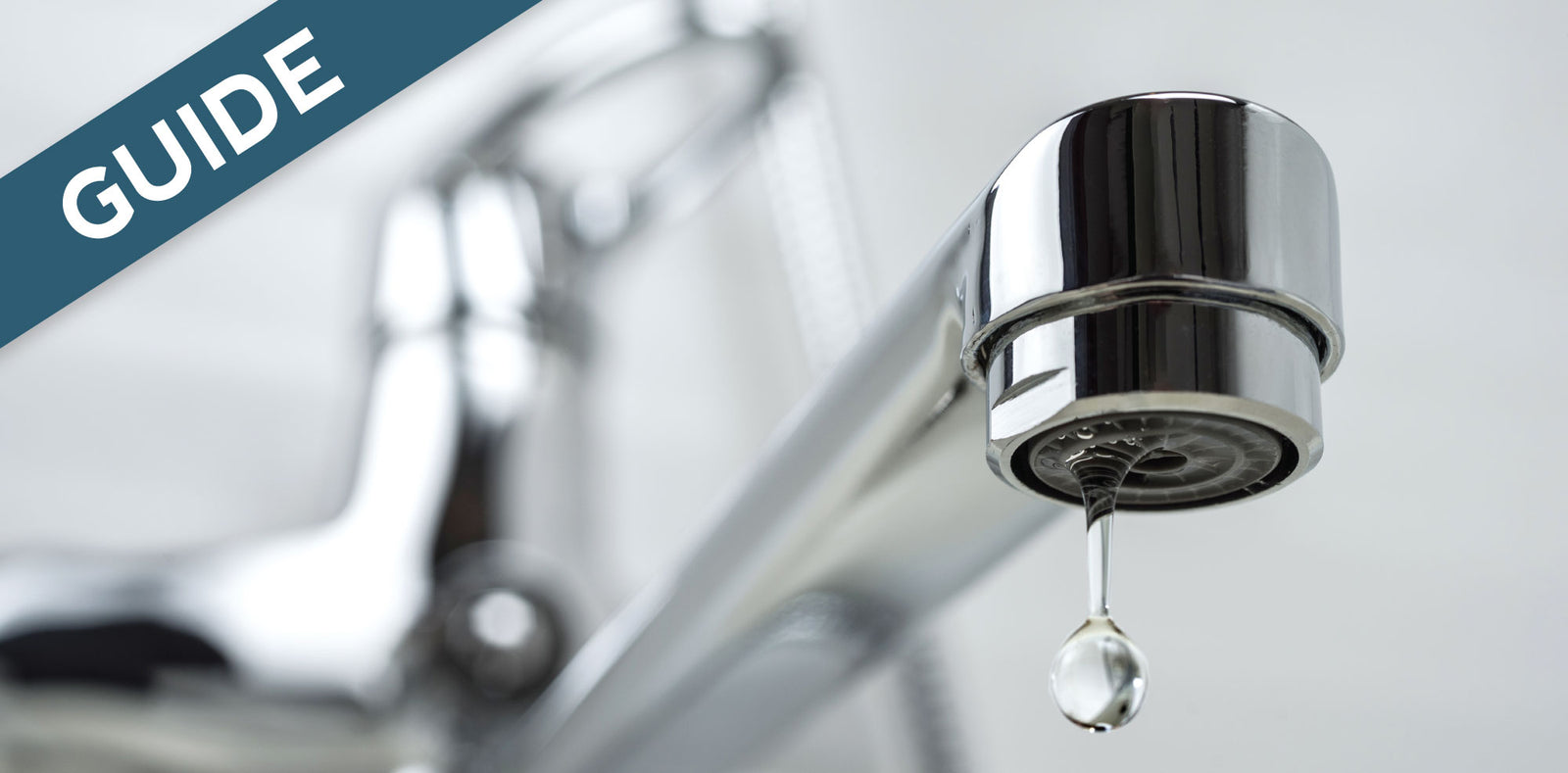July 16, 2019

Here at Unique Drain & Septic, we frequently receive questions about the difference between a traditional septic system and an aerobic septic system. Three of the most significant differences between the two are 1) their cost, 2) the bacteria inside each system, and 3) where the systems can be installed. In this article, we'll cover the ins and outs of aerobic septic systems plus how high-quality bacteria products fit into the picture!
Before we dive more deeply into this septic-system conversation, it's important to note that an aerobic system is still a septic system. It's just a special type of septic system. Bottom line: the purpose of both traditional and aerobic septic systems is to break down waste. The difference is in the processes behind how the two systems work. So let's explore what those differences are in a little more detail!
To understand both treatment systems a little better, you first need to understand the two different kinds of bacteria that can exist in these systems.
Essentially, there are two main types of bacteria: aerobic and anaerobic.
Aerobic bacteria need oxygen to thrive and are very effective at breaking down sludge, grease, and waste residue. As a byproduct of this waste break down, aerobic bacteria create carbon dioxide and water. This means no nasty odors!
Anaerobic bacteria on the other hand do not need oxygen to thrive. Anaerobic bacteria also do a great job of breaking down waste but often not quite as well as aerobic bacteria. With all that said, the key difference between these two types of bacteria is that anaerobic bacteria primarily create hydrogen sulfide gas and methane as byproducts. This means lots of poopy odor!
As you can see, there are benefits and drawbacks to each type of bacteria depending on your situation. Hopefully this quick overview gives you a little extra insight into how these two types of bacteria change based on the kind of environment they're in.
Now that we've talked about the two different types of bacteria, lets take a closer look at aerobic septic systems.
Like we said earlier, an aerobic system is simply a different type of septic system. Aerobic septic systems differ from traditional septic systems in one vital way: Aerobic systems pump oxygen into a waste tank to increase the activity of aerobic bacteria.
Without this oxygen influx, a traditional septic system has increased activity of anaerobic bacteria, which are often less efficient than their aerobic counterparts. In the big picture, this means the effluent (or out flow) from an aerobic system is significantly “cleaner” than the effluent from a septic system. This cleaner effluent means the drain field doesn't have to perform as much filtration before the wastewater enters back into the ground. All that potentially means less maintenance and work to keep things running.
By now it seems like everything points overwhelmingly in the favor of the aerobic septic system, so why would anybody choose a normal septic system?
According to http://deq.state.ok.us (the Oklahoma Department of Environmental Quality), the first factor is upfront cost. In general, a septic system includes a tank buried in the ground and some sort of lateral lines (or a tank or a lagoon). Although this is all still expensive, it's significantly less expensive than an aerobic system, which has at least one tank (typically two tanks), an aerator, a disinfection unit, another tank, a pump, and a dispersal unit. Some aerobic systems may be slightly less complicated than this example, but they have significantly more cost involved due to the added structures and units. Even further, aerobic systems need constant electrical flow to the aerator and typically have some sort of disinfection unit that is also electronic or consumes chlorine tablets. That means even more cost for electricity use!
So if a traditional septic system is cheaper, then why do people choose an aerobic system? According to The Pipeline, a publication by West Virginia University, it all comes down to the drain field and soil type. If the soil in an area doesn’t absorb much liquid or a high water table prevents percolation et cetera, a traditional leach field may not be an option, because they need an area with high percolation rates. In these instances, an aerobic system’s increased efficiency and disinfection stage means the effluent water can even be sprayed above ground to evaporate away.
Now that we know the difference between the two system types, let's examine how Unique Drain & Septic products, including Septic System Digester, perform in each system!
Unique Drain + Septic treatments are specially made to work flawlessly in both traditional and aerobic systems. The bacteria we've selected for our proprietary blend are known as facultative bacteria. Sacramento State defines facultative bacteria in the following way: “Facultative bacteria can use either dissolved oxygen or oxygen obtained from food materials such as sulfate or nitrate ions. In other words, facultative bacteria can live under aerobic, anoxic, or anaerobic conditions.”
This simply means that our bacteria will work perfectly in both traditional and aerobic septic systems! Furthermore, because our bacteria are facultative, if something happens in an aerobic system (say the aerator or electricity goes out), the bacteria will simply switch to an anaerobic state and keep breaking down waste. Aerobic systems can experience mass bacteria die off when the aerator stops providing enough oxygen to the bacteria, so it helps to have flexible bacteria strains that can continue to work even when you have technical problems.
In conclusion, the biggest differences between aerobic septic systems and traditional septic systems are primarily mechanical. But the two types of system also differ in the kind of bacteria they use and their cost. An aerobic system might be your best option if you're willing to spend the money, you have a high water table, or the soil in your area can't absorb much water. As with everything, keeping your system up and running takes a consistent effort and the right treatment habits. Which is why we always recommend Unique Drain + Septic Products to treat your system. Our proprietary blend of bacteria and waste digesting microbes work hard so you don't have to, keeping your septic system clean and clog-free regardless of your system type!

November 05, 2020

June 12, 2020

May 29, 2020
